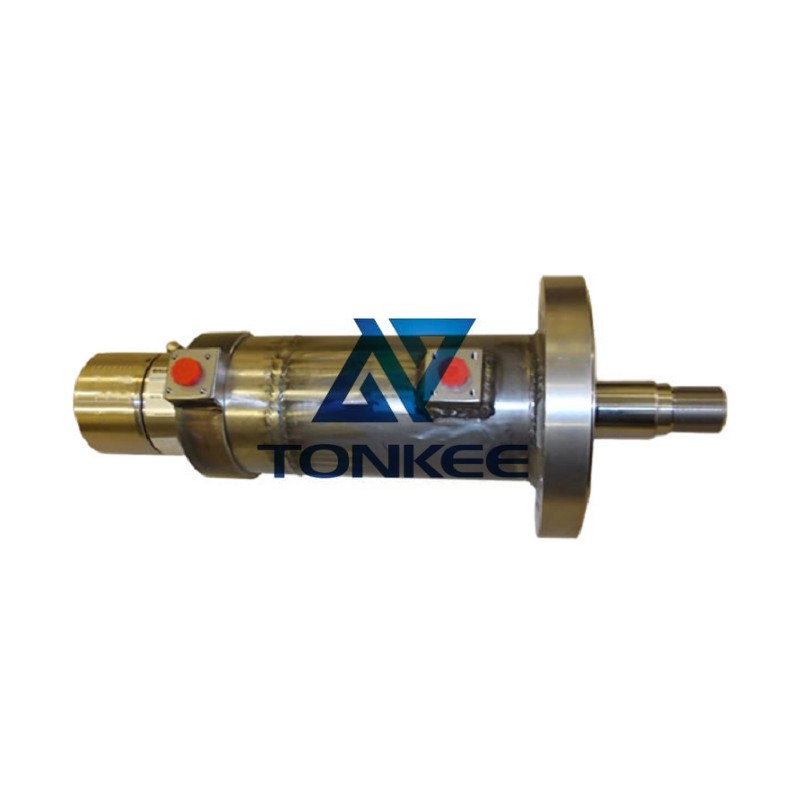
High-performance hydraulic systems for the food industry must be constructed using materials that are compliant with food safety standards. Stainless steel and food-grade plastics are commonly used to prevent contamination and corrosion.
All components, including pumps, valves, and cylinders, should be made from these materials.
Sanitary Design:
Hydraulics should be designed with sanitary principles in mind to facilitate easy cleaning and prevent bacterial growth. Smooth, crevice-free surfaces and seals that are easy to disassemble and clean are essential features. Components should also have appropriate certifications, such as EHEDG (European Hygienic Engineering & Design Group) or 3-A Sanitary Standards.
Leakage Prevention:
Any hydraulic system used in food processing should have zero tolerance for leaks. Seals and gaskets must be of high quality and regularly inspected for wear and tear. Additionally, a leak detection system should be in place to quickly identify and rectify any issues.
Precision Control:
Food processing often requires precise control over machinery. High-performance hydraulics should be equipped with proportional valves and advanced control systems to ensure accurate and repeatable movements. This is crucial for tasks like dosing and filling.
Hygiene and Safety:
Safety is a top priority in the food industry. Hydraulic systems should incorporate safety features such as emergency stop buttons, safety interlocks, and fail-safe mechanisms to prevent accidents and protect operators.
Clean Fluids:
The hydraulic fluid used in these systems must meet food-grade standards and be compatible with the materials used in the system.
Regular fluid analysis and replacement should be part of the maintenance routine to ensure fluid cleanliness.
Temperature Control:
Many food processing operations require precise temperature control. Hydraulic systems should have integrated temperature management systems to ensure that fluids remain within specified temperature ranges, preventing heat-induced spoilage.
Efficiency:
High-performance hydraulics should be designed for energy efficiency. Variable speed drives, load-sensing pumps, and efficient hydraulic components should be incorporated to minimize energy consumption and reduce operating costs.
Reliability and Maintenance:
Downtime in the food industry can be costly. The hydraulic system should be designed for reliability and ease of maintenance. Components should be readily accessible, and maintenance intervals should be clearly defined.
Compliance and Documentation:
Regulatory compliance is essential in the food industry. All components and systems must adhere to relevant industry standards and regulations. Detailed documentation of the system's design, materials, and maintenance records should be maintained for auditing purposes.



 English
English Türkçe
Türkçe


